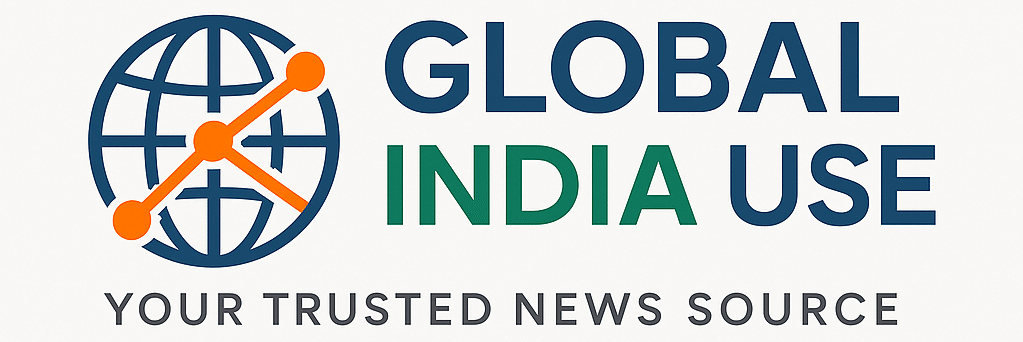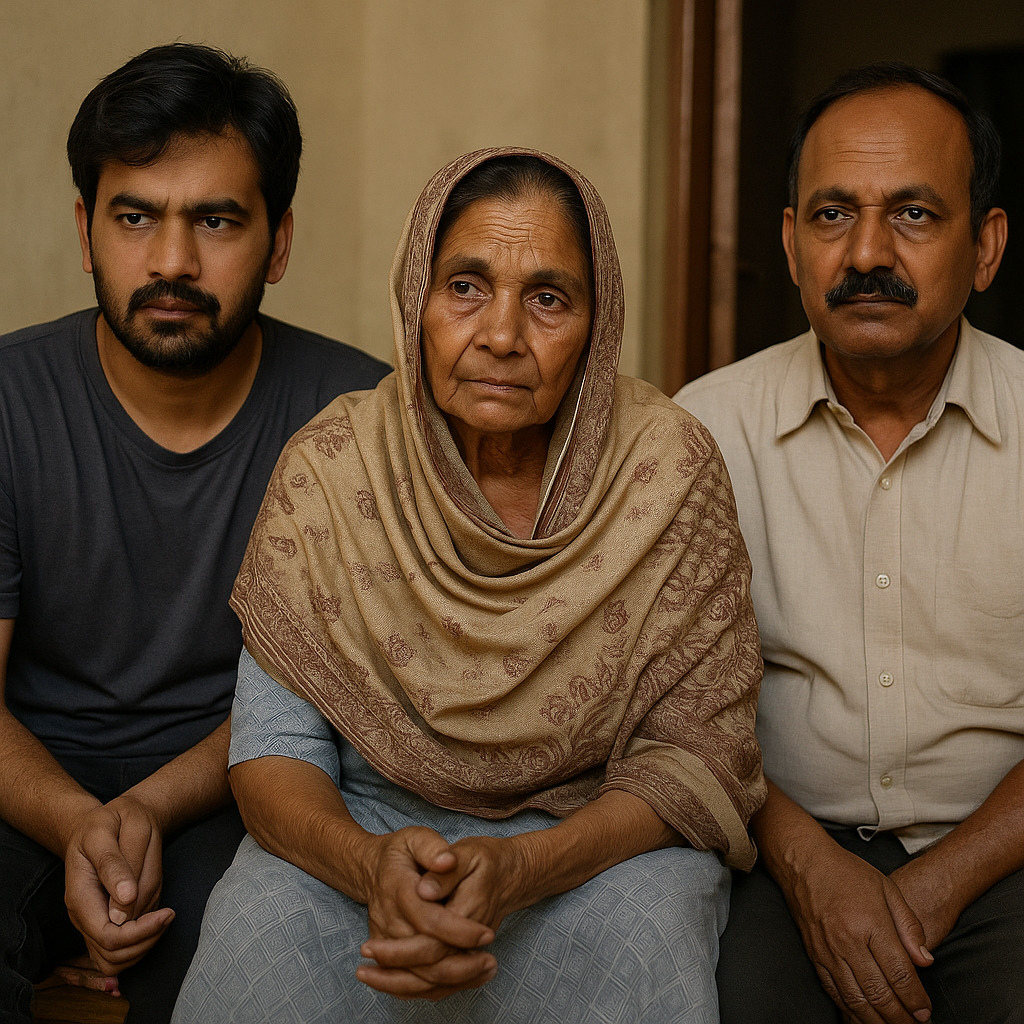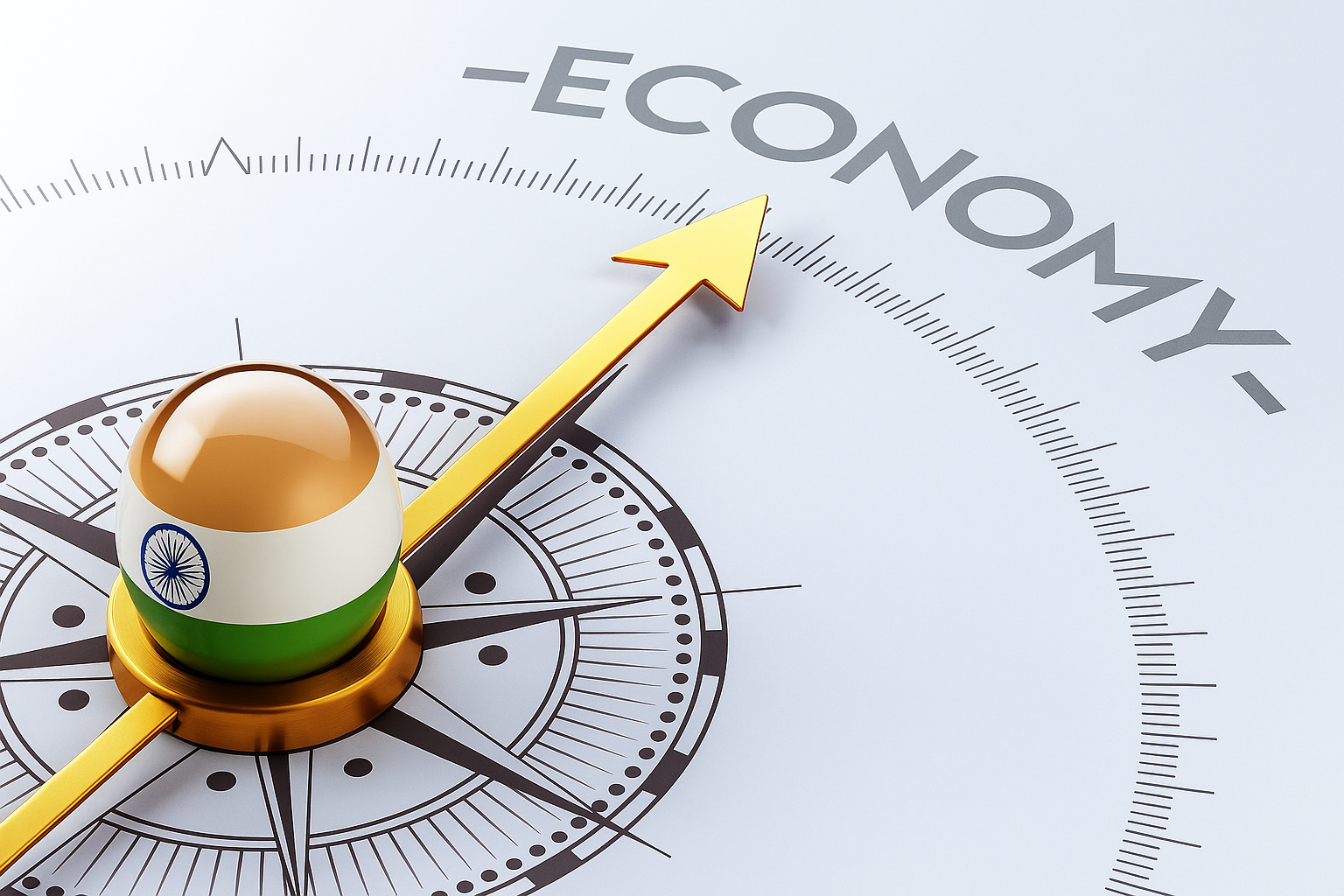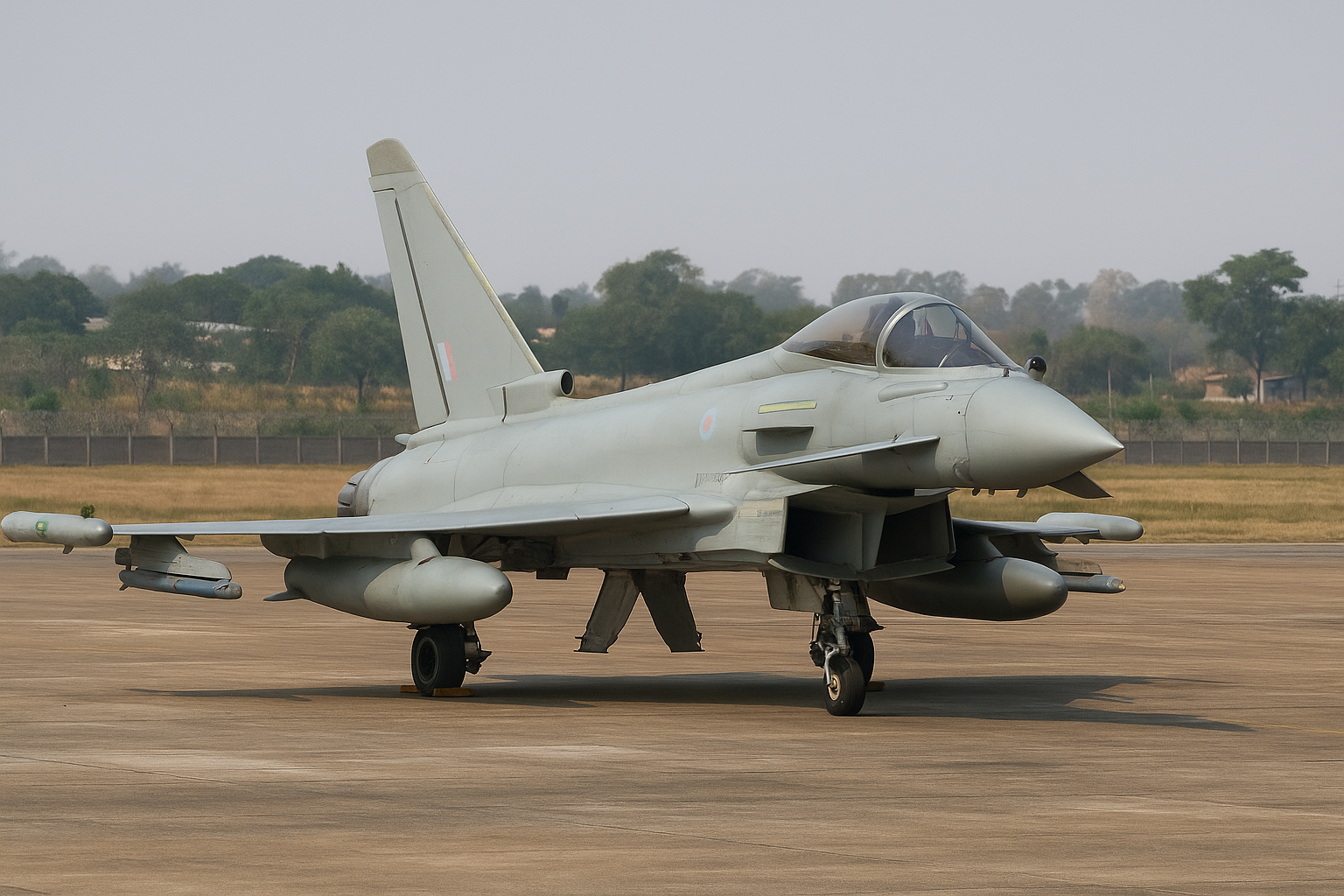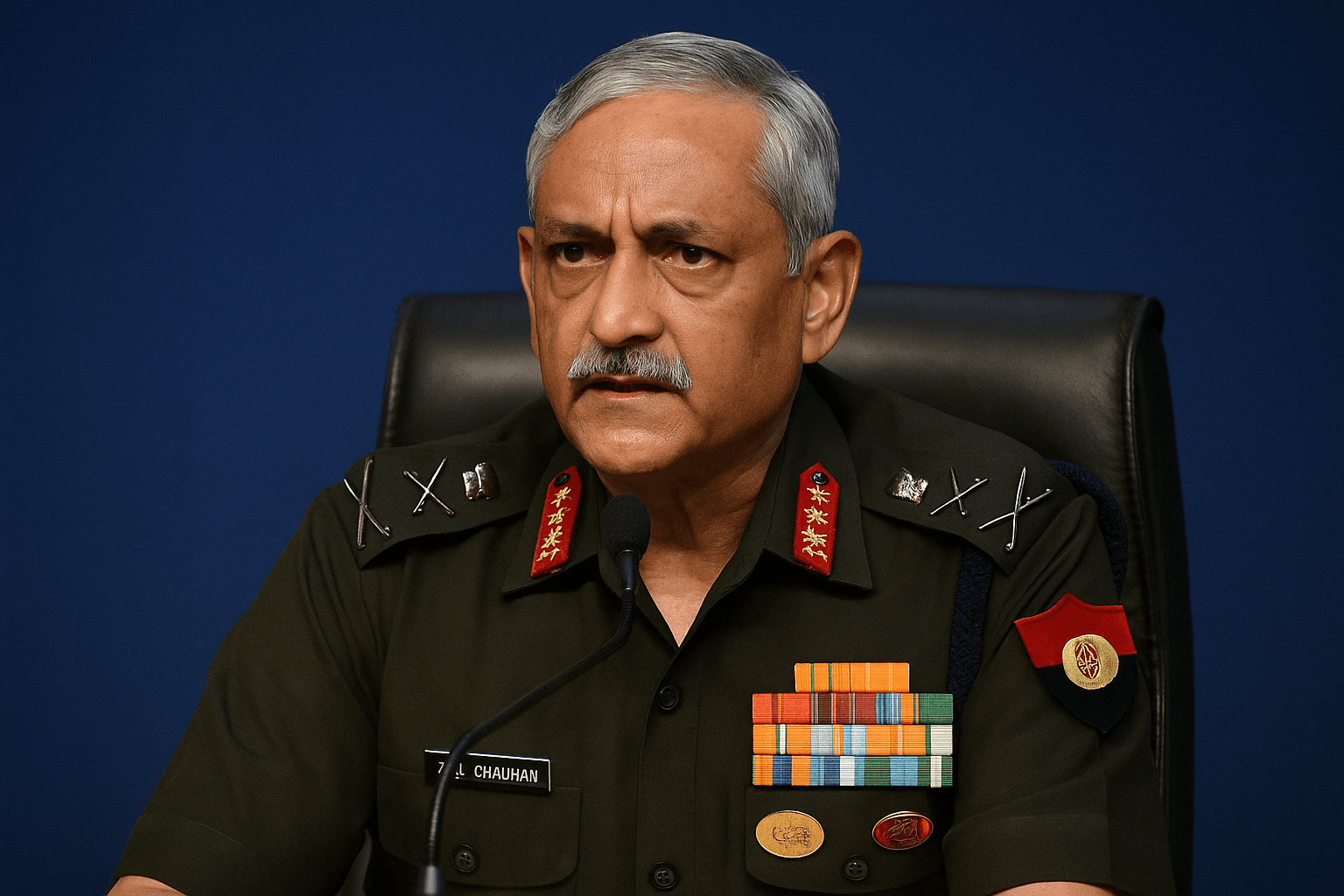India Is the 3rd-Largest Economy — Here’s Why
You might’ve seen different headlines ranking India as the 5th or 4th largest economy in the world. But here’s the real deal: India is already the 3rd-largest economy globally — if you measure it the right way.
Yes, third. Not fourth. Not fifth.
Let’s explain it without the jargon, just the way you’d want your friend to explain it over a cup of chai.
Two Ways to Measure an Economy — and Only One Tells the Real Story
When experts talk about how “big” a country’s economy is, they’re usually referring to GDP (Gross Domestic Product) — but there are two versions of it:
- Nominal GDP – measures value in US dollars, based on market exchange rates
- GDP by Purchasing Power Parity (PPP) – adjusts for how much things actually cost in each country
Here’s a quick example:
- A haircut in New York might cost $30
- The same haircut in Mumbai might cost ₹300 (about $3.50)
By nominal GDP, India’s economy looks smaller.
But in reality, Indians are getting the same haircut at one-tenth the price. That’s what PPP tries to fix — it tells us what a country’s income is really worth inside its own borders.
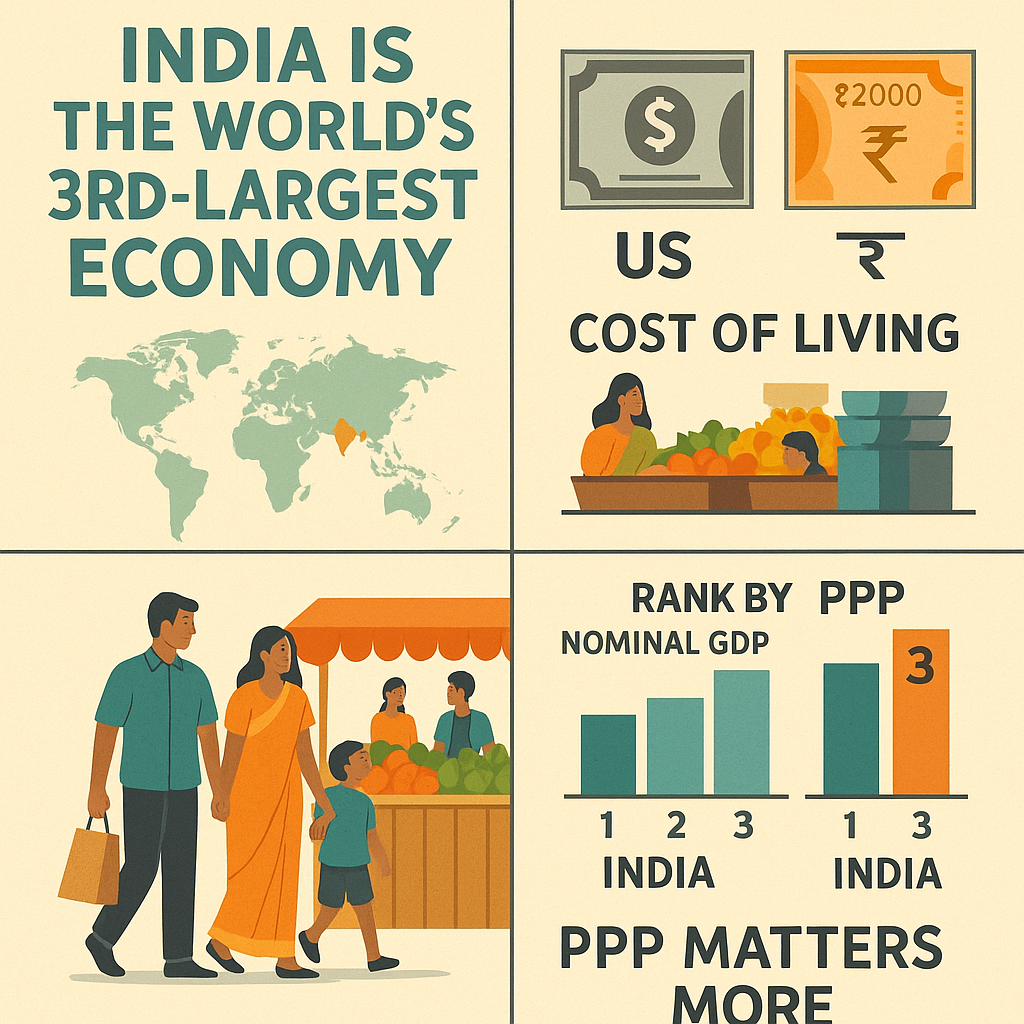
So Where Does India Rank?
- If you go by nominal GDP: India is 5th (behind the US, China, Japan, and Germany)
- But if you go by PPP, which shows what people can actually buy with their money, India is already 3rd, just behind the US and China
And here’s the thing — major institutions like the World Bank, IMF, and even the CIA use PPP as a better comparison tool.
Why PPP Is Especially Important for India
India’s economy isn’t just about export dollars or stock markets. It’s about what 1.4 billion people can afford, earn, and produce in their daily lives.
- A good school in India might cost ₹50,000 a year — that’s $600
- The same in the US could cost $15,000 or more
That’s a huge difference. So when you count how far India’s money goes, the economy is way bigger than it looks in dollar terms.
So Why Do Media Outlets Still Call It “Fifth”?
Simple: they’re using nominal GDP because it’s convenient and based on global trade numbers. But that ignores how cheap things are in India — and how much the rupee can stretch.
Imagine judging everyone’s income in dollars — of course it’ll look smaller if your local currency is weaker. But that doesn’t mean you’re poor. It just means you live in a country with lower costs.
Where India’s Headed
Even in dollar terms, India is climbing fast. Economists predict it will overtake both Japan and Germany by 2027, becoming 3rd even in nominal GDP.
But more importantly, India’s real economic power — its tech sector, digital infrastructure, manufacturing base, and growing middle class — is already reshaping the global landscape.
Final Thought
So the next time someone says India is “just the 5th-largest economy,” ask them this:
“Are you looking at how rich India is in dollars, or how powerful it is in real life?”
Because when you measure what actually matters — what people can earn, afford, and build — India isn’t catching up anymore.
It’s already there.
You May Like More
5 Lessons India Can Learn From Ukraine’s Drone Tactics
Russian Woman Dances to Rajasthani Folk Tune in Jaisalmer
Trump Claims Canada Wants To Join US | ट्रंप बोले कनाडा अमेरिका का हिस्सा बनना चाहता है

